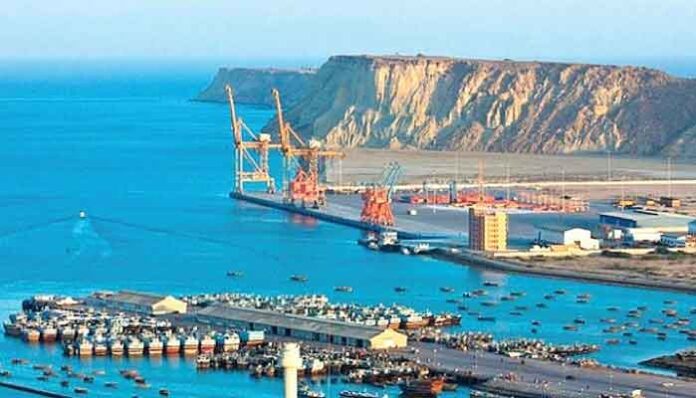Pakistan has finalized a list of over 70 projects for potential collaboration with China under the second phase of the China-Pakistan Economic Corridor (CPEC).
These projects, covering various sectors such as infrastructure, energy, trade, and technology, will be presented to the Chinese Prime Minister next month, according to sources from the Ministry of Planning, Development, and Special Initiatives.
According to a media report, the Ministry highlighted that while CPEC’s first phase has concluded successfully, the second phase aims to deepen cooperation between the two countries.
To advance CPEC’s scope, Pakistan and China have agreed to focus on five new development corridors: growth, innovation, green development, livelihood improvement, and regional connectivity. These corridors are designed to broaden the scope of CPEC, making it more comprehensive and inclusive.
During his recent visit to China, the Minister for Planning, Development, and Special Initiatives Ahsan Iqbal held discussions with the Vice Chairman of the National Development and Reforms Commission (NDRC). The meeting resulted in an agreement to hold a high-level workshop aimed at aligning Pakistan’s 5Es framework with the proposed five corridors and the eight-point agenda of President Xi Jinping’s Belt and Road Initiative.
Among the key projects identified for collaboration are the follow-up technical support for the New Gwadar International Airport project, the second phase of the East Bay Expressway, and the realignment of the Karakoram Highway (Raikot-Thakot section).
The government is also keen on advancing the Main Line 1 (ML-1) railway project and the Karachi Circular Railway (KCR), both of which are seen as critical to boosting Pakistan’s infrastructure.
Additionally, energy-related projects such as the GEIP LNG terminal and the upgrading and expansion of the National Refinery have been included in the proposed plans.
Pakistan is also looking to develop the Suki Kinari Hydropower Station and the Siyadik Copper Project, showcasing its focus on expanding the country’s energy and mineral resources.
On the industrial front, projects like the Dhabeji Special Economic Zone and the Rashakai Industrial Park Project are being proposed to strengthen economic cooperation between the two nations.
The Omara Port ship repair project and agricultural initiatives, such as the buffalo breeding and dairy processing project, are also part of the wider cooperation framework.
In the fields of science and technology, Pakistan is seeking China’s help in constructing the China-Pakistan Earth Science Research Centre and promoting the participation of five Pakistani universities in the China-Pakistan Belt and Road joint labs for disaster prevention.
Livelihood initiatives also feature prominently, with plans for a vocational and technical exchange program, the joint agricultural technology laboratory, and assistance for repairing flood-affected houses in Pakistan. These projects aim to uplift communities while addressing critical climate change challenges.
The digital economy is another major focus, with Pakistan looking to partner with Chinese firms to develop digital infrastructure, enhance cooperation in software, cloud computing, and big data, and promote exchanges in network security.
The list of projects reflects Pakistan’s efforts to further strengthen its economic ties with China, building on the success of the first phase of CPEC. The proposed projects are expected to bolster Pakistan’s infrastructure, energy resources, industrial development, and digital transformation, while also enhancing regional connectivity and promoting sustainable development.




